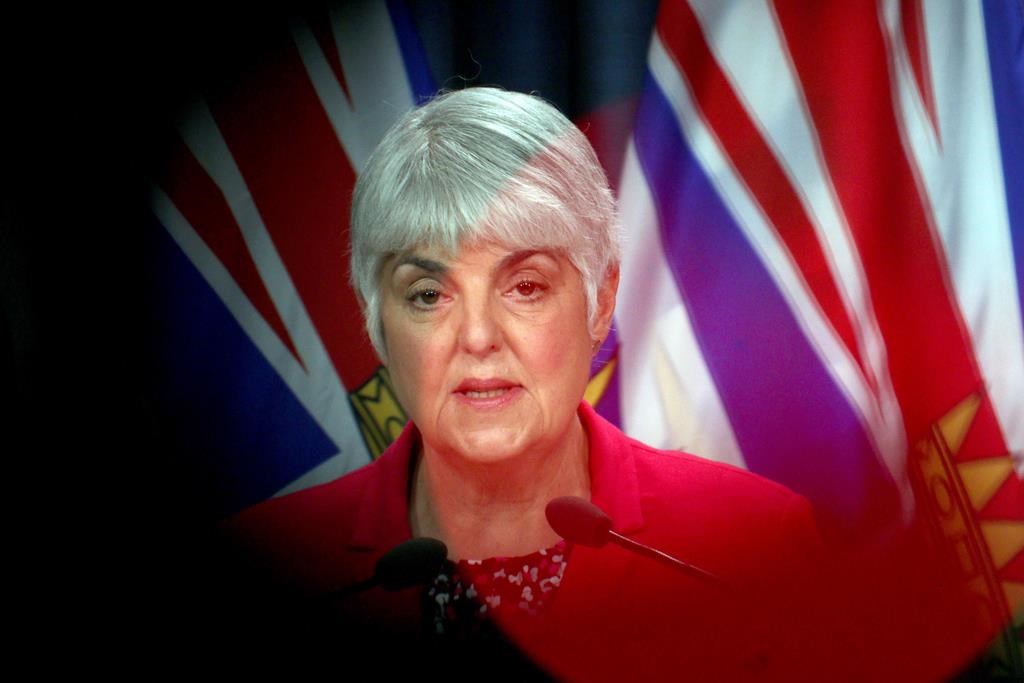British Columbia’s finance minister is expected to paint a bleak picture of the province’s economy on Tuesday, more than four months after the global coronavirus pandemic started.

Carole James will provide her first fiscal update since February’s budget and is expected to show forecasted deficits for at least the next three years.
The province has earmarked $5 billion for immediate coronavirus financial relief, including $1.5 billion put aside for economic recovery.
The province has also seen a sharp decline in revenues associated with a significant drop-off in tourism and consumer spending.

“We all know the profound impact COVID-19 has had around the globe, across our country and in fact right here in British Columbia,” James said.
“Tomorrow I will be giving a summary of that impact on our province, the impact on the people of our province.”
Economists are mixed on what the overall impact will be on British Columbia’s economy. The Business Council of British Columbia is forecasting the provincial economy will shrink by 7.8 per cent. Deloitte expects B.C.’s economy to shrink by around five per cent this year.

Get weekly health news
The financial outlook would be worse if a second wave of the virus comes in the fall. A second wave could potentially lead to more economic instability globally.
“I wish I had a crystal ball that could show us where we are going,” James said. “There are so many pieces, so many risks ahead, that continue to show the uncertainty. Whether it’s a second wave, or a shift in other jurisdictions that impact our exports and the work we do here.”

The B.C. government has introduced legislation legally allowing it to run deficits. Previously, British Columbia was not allowed to run budget deficits.
In February, James introduced a budget with a $227-million surplus, but the COVID-19 crisis has rattled the foundations of the province’s fiscal outlook.
The federal government is expecting the national deficit to soar to $343 billion this year. Finance Minister Bill Morneau warned last week the national economy may never go back to normal and there is no indication of a roadmap for when or how the government plans to rein in spending.
The fiscal snapshot from Ottawa shows a very real likelihood that the Canadian economy and consumer habits may not soon — if ever — return to what they were pre-COVID-19.
B.C. Liberal leader Andrew Wilkinson says even amidst the uncertainty the provincial government should outline an economic recovery plan.
“The federal government has spent almost $7,000 per person in Canada and the provincial NDP can’t figure out how to even spend $300 a person,” Wilkinson said.
“There are a lot of small businesses who are about to fail this fall. We’ve got families who are desperately trying to figure out what to do when school goes back because they don’t know which days are school days and that is going to hurt working women really hard because they won’t have a predictable opportunity to work.”









Comments
Want to discuss? Please read our Commenting Policy first.